Health And Medicine
-

Antacids: risky for premature babies
Antacids that block a certain enzyme pose a risk for a common cardiac problem in premature infants. Read MoreJun 12, 2013
-

Factor’s yin-yang tumor effects
A factor produced by most malignant cells can both promote and inhibit tumor growth – an insight that is critical to using cancer drugs developed to block this factor. Read MoreJun 10, 2013
-

Autism speeds motion perception
Children with autism spectrum disorder are better at perceiving the motion of certain objects than are typically developing children their age. Read MoreJun 7, 2013
-

Leukemia & Lymphoma Society honors Ohi’s research
Puck Ohi, Ph.D., assistant professor of Cell and Developmental Biology, has received the Leukemia & Lymphoma Society SCHOLAR award for his research on the role of enzymes that affect cell division, which has implications for treating cancer and blood disorders like leukemia and lymphoma. Read MoreJun 6, 2013
-

Matrix member key to insulin resistance
A component of the extracellular matrix that surrounds cells plays a role in insulin resistance and may be a good therapeutic target. Read MoreJun 6, 2013
-
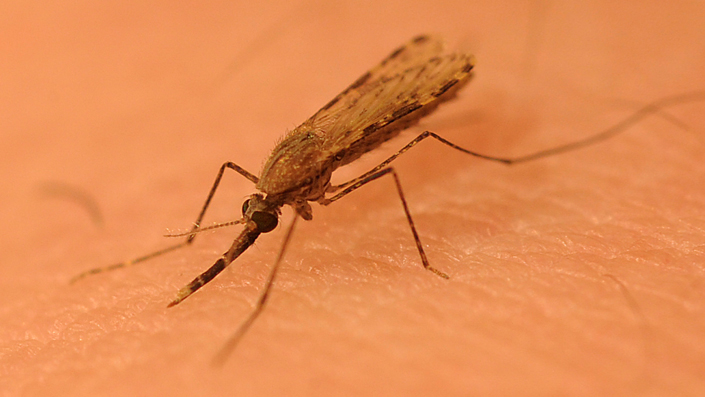
Chemical causes kidney failure in mosquitoes: study
Researchers are targeting a possible new weapon in the fight against malaria, science that could also be applied in the fight against other devastating mosquito-borne illnesses, according to a Vanderbilt study published in PLOS ONE. Read MoreMay 31, 2013
-
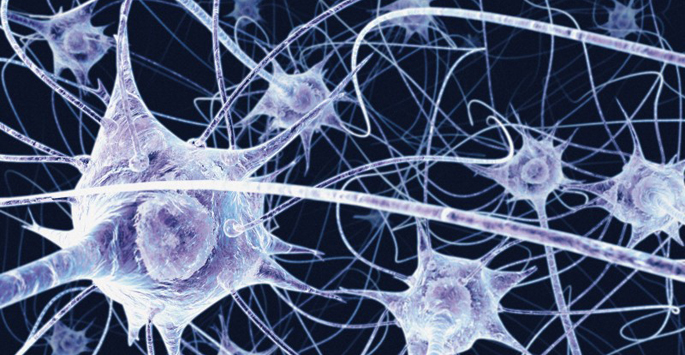
Defense Department grant spurs nerve regeneration research
Vanderbilt investigators led by Wesley Thayer, M.D., Ph.D., assistant professor of Plastic Surgery and Orthopaedic Surgery and Rehabilitation, have been awarded a $1.1 million grant from the Department of Defense to develop a new surgical device that may help repair severed nerves. Read MoreMay 30, 2013
-

Study lays groundwork for rational T cell vaccine design
Vanderbilt University investigators have developed a new strategy for identifying the “bits” of a pathogen that spark a protective immune response. Read MoreMay 30, 2013
-

Blood test for autism could speed diagnosis
Vanderbilt University is part of a multi-site autism clinical study designed to evaluate the effectiveness of a blood test that aims to screen children for referral for autism spectrum disorder evaluation (ASD) earlier and more accurately. Read MoreMay 23, 2013
-

VICC hosts cancer researchers during annual retreat
The role of inflammation in gastrointestinal cancer development was a prominent theme among guest speakers during the Vanderbilt-Ingram Cancer Center annual retreat held at the Vanderbilt Student Life Center. Read MoreMay 23, 2013
-

Grant targets new therapies for Ebola, Marburg viruses
Vanderbilt’s James Crowe Jr., M.D., and a collaborator in Texas have been awarded a $4.4 million grant from the U.S. Department of Defense to study new ways to treat and prevent Ebola and Marburg viruses. Read MoreMay 16, 2013
-

Study finds disagreement on the role of primary care nurse practitioners
While physicians and nurse practitioners agree on general principles, survey reveals differences on specific policies (Vanderbilt University) Primary care physicians and nurse practitioners significantly disagree on some proposed changes to the scope of nurse practitioners’ responsibilities, according to a New England Journal of Medicine study released… Read MoreMay 16, 2013
-
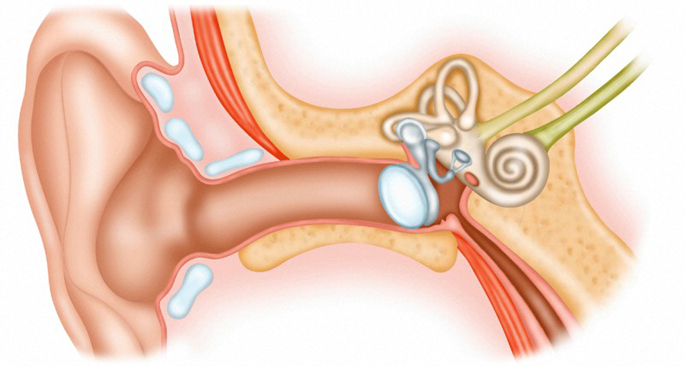
Inner ear’s role in bone remodeling
The inner ear system that senses gravity and movement plays a role in bone remodeling – a finding that has clinical implications for space travel and for patients with inner ear disorders. Read MoreMay 15, 2013
-

Salt revs stomach bug’s cancer impact
A high-salt diet worsens the carcinogenic effects of Helicobacter pylori, a bacterium that colonizes the stomachs of half of the world’s population. Read MoreMay 13, 2013
-

Profiling heart cells
A “profile” of the genes and regulatory networks that govern early heart valve development lay the groundwork for generating valves from a patient’s own cells. Read MoreMay 10, 2013
-

NIH grants bolster autism research, treatment efforts
Researchers at Vanderbilt University have received grant awards from the National Institutes of Health as part of the Autism Centers of Excellence (ACE) research program. The NIH announced grant awards of $100 million over five years to 11 centers nationwide, three of which feature projects from Vanderbilt Kennedy Center investigators, to further studies on autism treatment and intervention. Read MoreMay 9, 2013
-
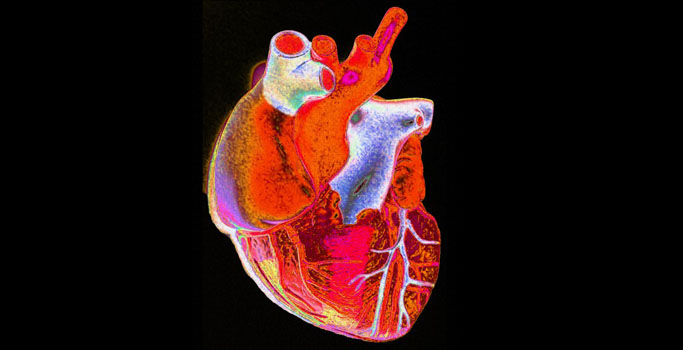
VHVI repository helps define cardiac disease mechanisms
Peggi Angel, Ph.D., research instructor in Biochemistry, studies congenital aortic valve stenosis in children. It’s a disease where the heart valve, which is normally very thin, becomes bloated with extracellular matrix. This occurs rapidly in some children but not in others. Read MoreMay 9, 2013
-
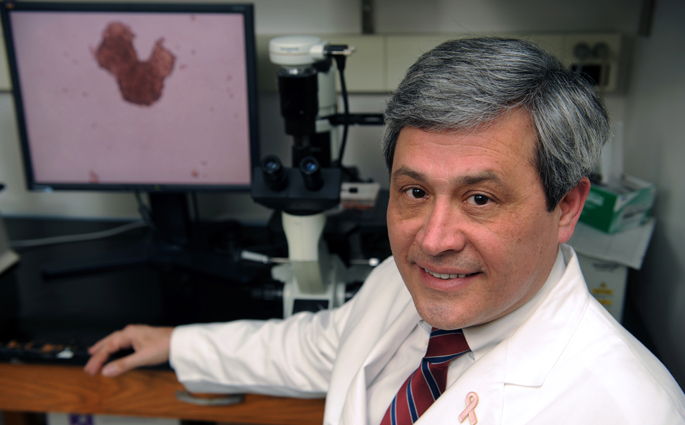
Arteaga to lead major new cancer research initiatives
Carlos Arteaga, M.D., professor of Medicine and Cancer Biology, has been appointed to lead two newly created cancer research initiatives at the Vanderbilt-Ingram Cancer Center. Read MoreMay 9, 2013
-
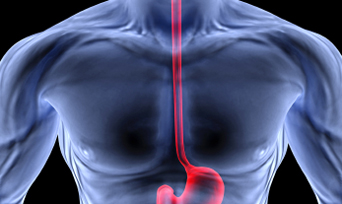
Dual-action enzyme protects esophagus
An antioxidant enzyme also functions as a tumor suppressor to limit cancer development in the esophagus. Read MoreMay 9, 2013
-

John Wikswo at TEDx Nashville: The Homunculi and I
John Wikswo, Gordon A. Cain University Professor of biomedical engineering and A. B. Learned Professor of Living Physics, presented "Homunculi and I: Lessons from building organs on chips" at TedX Nashville April 6, 2013. Read MoreMay 6, 2013